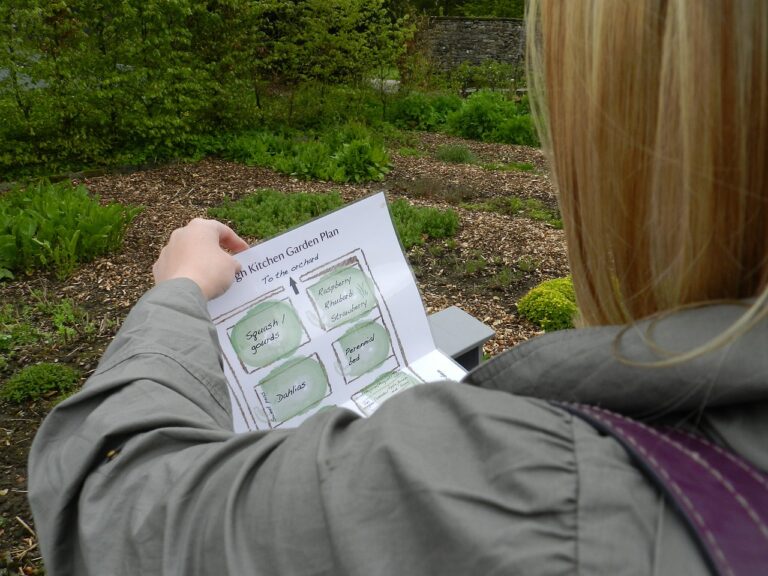Exploring the Effectiveness of Project-Based Learning in the Classroom
One of the key advantages of project-based learning is its ability to foster deep understanding of concepts. By engaging in hands-on projects, students are encouraged to apply theoretical knowledge in real-world scenarios, leading to a more profound grasp of the subject matter. This practical application helps solidify learning and enhances retention of information.
Additionally, project-based learning promotes the development of critical thinking and problem-solving skills. Through the process of designing, implementing, and evaluating projects, students are challenged to think creatively, analyze situations from different perspectives, and develop solutions to complex problems. These skills are essential for success both in academics and in the workforce, making project-based learning a valuable educational approach.
Challenges of Implementing Project-Based Learning
One of the significant hurdles in implementing project-based learning is the time and resource-intensive nature of this approach. Teachers often find it challenging to allocate sufficient time to plan and facilitate projects while also covering the required curriculum. Additionally, integrating PBL into a classroom setting may require additional materials, technology, and support, which can pose logistical and financial challenges for schools with limited resources.
Another obstacle that educators face is the need to shift from traditional teaching methods to a more student-centered approach. This transition can be daunting for teachers who are accustomed to a more directive style of instruction. Embracing the principles of PBL, such as promoting student autonomy and collaborative learning, may require a significant change in mindset and teaching practices, leading to resistance and apprehension among some educators.
Impact of Project-Based Learning on Student Engagement
Project-based learning serves as a powerful tool for boosting student engagement in the educational setting. By immersing students in hands-on projects that are meaningful and relevant to their lives, this approach captivates their interest and fosters a sense of ownership over their learning journey. As students tackle real-world problems and collaborate with their peers to find solutions, they become more motivated and invested in the educational process.
Moreover, project-based learning empowers students to apply critical thinking and problem-solving skills in authentic contexts, making learning more tangible and impactful. Through working on projects that require them to think creatively and analytically, students are encouraged to connect theoretical knowledge with practical application, leading to a deeper understanding of the subject matter. This active engagement ignites a sense of curiosity and exploration within students, driving them to explore new concepts and ideas with enthusiasm and dedication.
• Project-based learning immerses students in hands-on projects
• Students collaborate with peers to find solutions to real-world problems
• Encourages critical thinking and problem-solving skills in authentic contexts
• Connects theoretical knowledge with practical application
• Ignites curiosity and exploration within students
What are some benefits of project-based learning?
Some benefits of project-based learning include increased student engagement, improved critical thinking skills, enhanced collaboration and communication skills, and real-world application of knowledge.
What are some challenges of implementing project-based learning?
Some challenges of implementing project-based learning include time constraints, resources needed for project implementation, assessment difficulties, and ensuring alignment with curriculum standards.
How does project-based learning impact student engagement?
Project-based learning has been shown to increase student engagement by providing opportunities for hands-on learning, promoting student ownership of their learning, and allowing for personalized and meaningful learning experiences.







